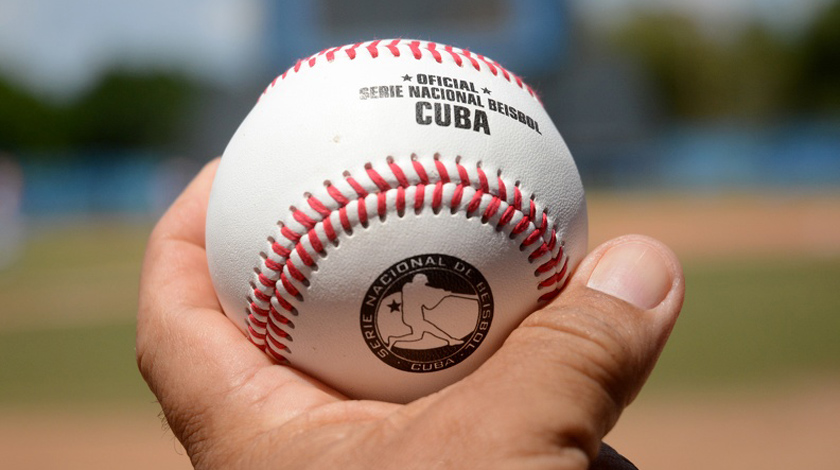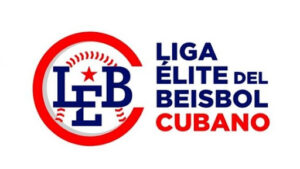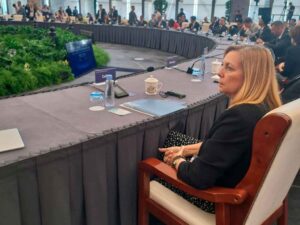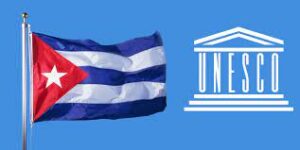Almost every day I am asked the same question two or three times: who will be the next manager of the Cuban baseball team? And I answer with the same gesture: I shrug my shoulders and open my eyes like two grapefruits.
The list of candidates grows by the day and shrinks by the day, with names ranging from the experienced Alfonso Urquiola to some, actually very few, who are currently managing in the national championships.
On digital social networks there have been polls with several options and in the popular polemics the topic of Armando Johnson’s replacement at the head of the national team is grabbing the same amount or more headlines than the imminent Elite League post-season.
Expectations are growing as most of the countries competing in the upcoming World Classic have already announced their coaching staffs or at least their helmsmen.
Cuba’s results in recent international events are the fundamental argument of those calling for a radical change in the direction of the team, which involves, beyond names, a new approach to the management of the squad.
Many even believe that it will depend on who is chosen to succeed in recruiting professional players, despite the media campaign and the harassment of those who enjoy the island team’s defeats.
There is agreement on the need for a management that applies the latest science and technology to the formation of the team, to its training and then to the management of the matches.
Fortunately, Cuba still has technicians capable of innovating with scientific rigour, who could join forces with others with a great deal of experience to put together a solid staff.
Urquiola’s choice to lead this group of coaches generates consensus, which in baseball matters is almost a utopia on this island.
In addition to prestige, authority and a record of service that makes him one of the best managers in recent years, Alfonso Urquiola is one of those men who lives for baseball and wants, in his own words, to die on a baseball field.
There are more candidates, among them the team’s current bench coach, Germán Mesa, who is also responsible for Cuba’s unfortunate outcomes in recent competitions.
When Johnson’s dismissal was announced, the name of Holguin-born Noelvis González appeared on almost all the lists, given his mastery and application of sabermetrics and other virtues that connected him with the aspiration of novelty in the management of the team.
His proposal also left pleasant sensations in popular debates and in the specialised press, and it was even reported that Noelvis began to design a strategy so as not to start from scratch in the event of being called up.
The popular list includes the Tuneros Pablo Civil and Abeisy Pantoja, both national champions, and Doctor of Science Ángel Ortega, who currently manages the Alazanes de Granma.
Unlike in the past, the delay in the appointment reveals the absence of an abundant pool of talent and the need to implement an academic programme for the training of baseball coaches.
Unfortunately, there are potential strategists who are taking on responsibilities today without the necessary knowledge, and empiricism and spontaneity take their toll when it comes to making decisions.
I join those who prefer to interpret the delay in the appointment of Cuba’s helmsman as an opportunity to evaluate, instead of names, the strategy; with the focus not on who, but on what the national team needs to change its international image and then choose the candidate who fits that renovating project.




